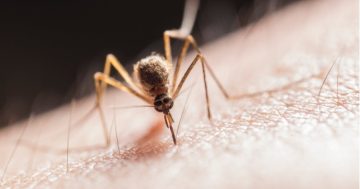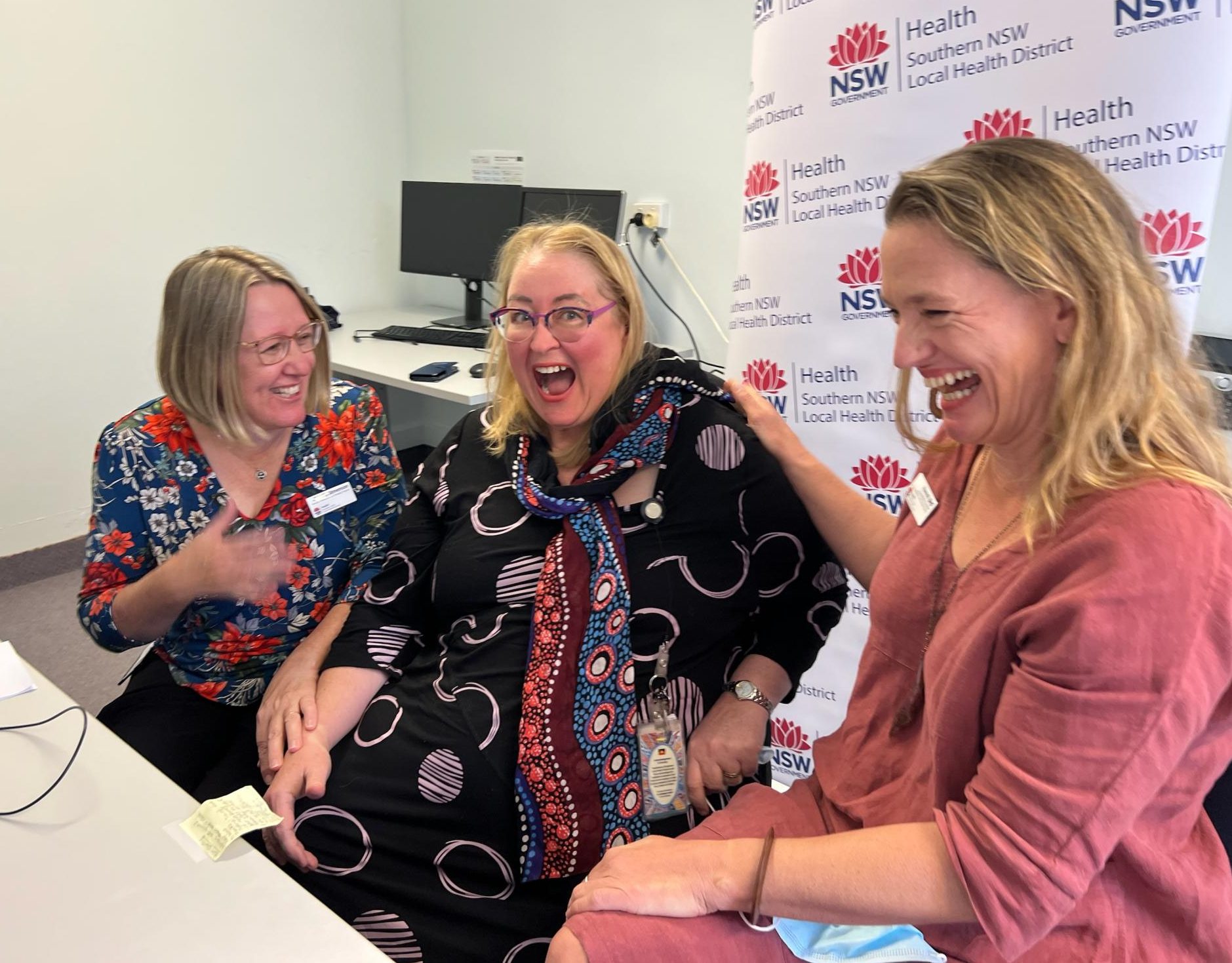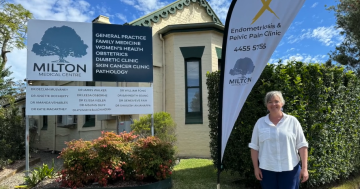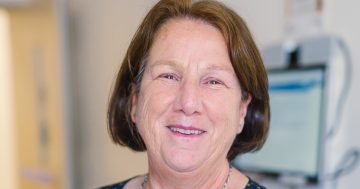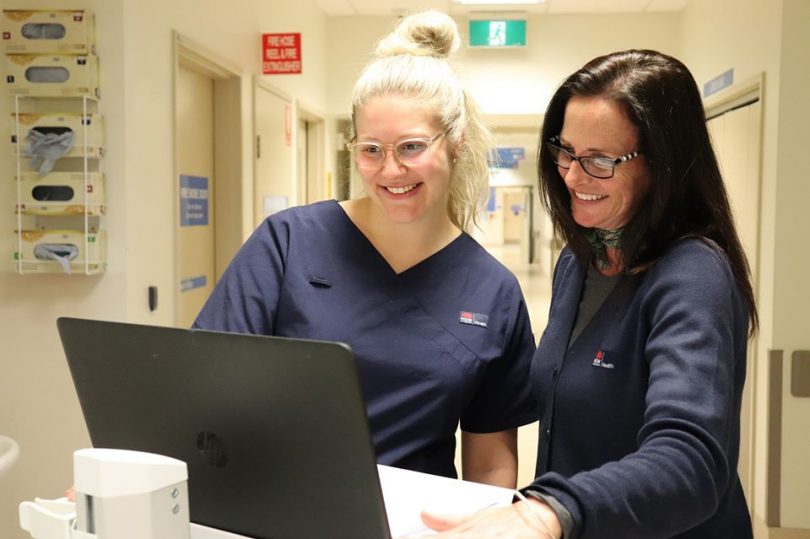
Registered Nurses. File photo: SNSWLHD Facebook.
Given the close ties and connections much of Southern New South Wales has with Victorian border communities, NSW Health is warning all sexually active people in the region to be more aware of their sexual health following a major spike in an infectious bacteria.
Victorian officials have reported 22 cases of syphilis in the Mildura area, compared to 11 cases at the same time in 2018. Of those 22 cases, 15 were in women – a higher proportion than expected.
HIV and Related Programs Manager, with Southern NSW Local Health District, Alison Nikitas is encouraging people at risk of infection to talk to their GP or sexual health service and to get tested and seek treatment as needed.
“No localised increase in cases has been seen on the NSW side of the border, but there has been a general increase in cases in NSW in recent years,” Ms Nikitas says.
Syphilis is a sexually transmissible infection (STI) that is easily curable. Similar to other STIs such as chlamydia and gonorrhoea, people with syphilis do not always have symptoms. Therefore, regular STI check-ups are needed to avoid passing the infection on to other people and to avoid long-term health consequences.
“Although men continue to account for the majority of syphilis infections in NSW, the number of cases in women has risen considerably.”
Testing is particularly important early in pregnancy, as pregnant women with untreated syphilis can pass the infection on to their unborn baby, which drastically increases the risk of stillbirth, premature birth, and life-long disability.
Syphilis is transmitted through skin-to-skin contact during oral, vaginal or anal sex without a condom. It is really infectious when there’s syphilitic sore or rash present. Syphilis is tested in the blood and with a swab if you have symptoms. If the test is positive, the treatment is an injection of antibiotics followed by another blood test to make sure you’re cured. It’s important to let anyone know that you may have had sex with recently so they can be tested and treated too.
If you’ve got syphilis, don’t have sex with anyone until seven days after you’ve finished treatment.
Confidential STI testing is available from your GP or local sexual health clinic.
NSW Health is currently investing $21.9 million in services to strengthen HIV and STI testing, treatment and prevention, including more than $1.5 million in sexual health programs for young people aged 16-29.
For sexual health support and information, call the NSW Sexual Health Infolink on 1800 451 624 (Monday to Friday 9 am to 5.30 pm) visit the Sexual Info Link website or NSW Health’s Play Safe website.






